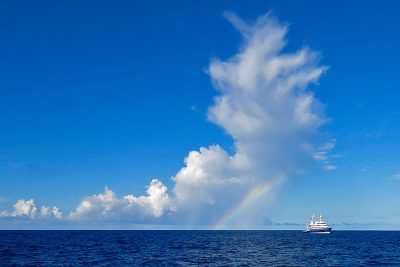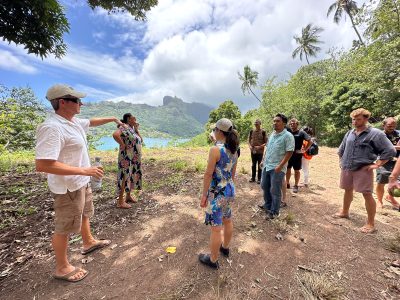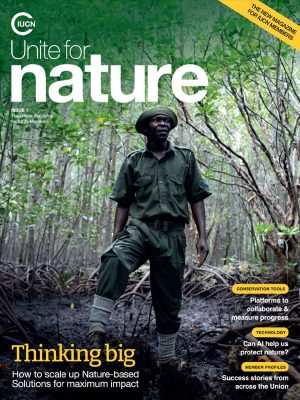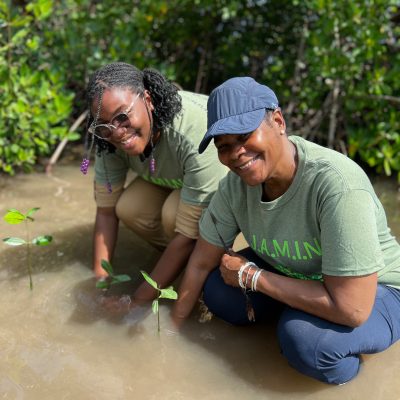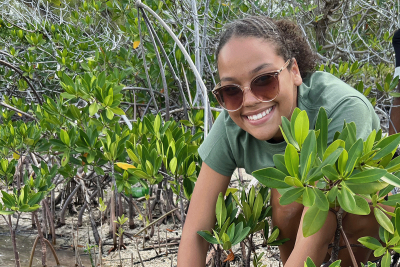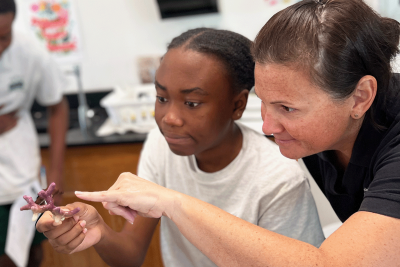
The Khaled bin Sultan Living Oceans Foundation at COP28
The Khaled bin Sultan Living Oceans Foundation (KSLOF) will be participating in COP28 this December 2023. The 28th annual United Nations climate meeting is being hosted by the UAE and will be held at Expo City in Dubai. The United

